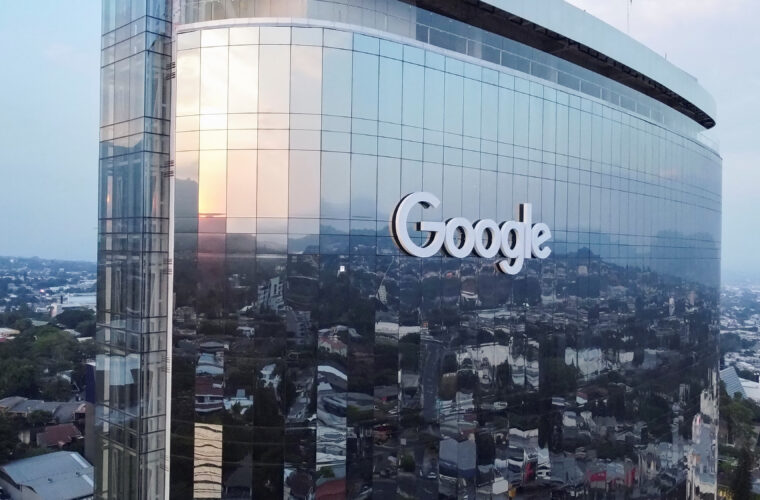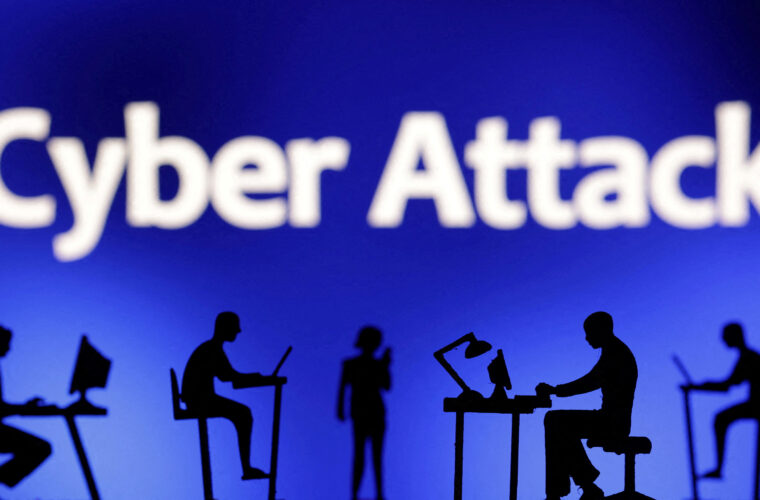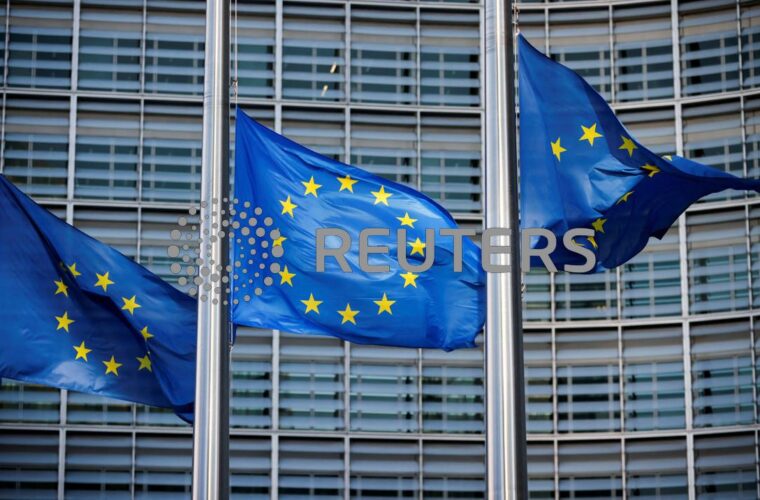Identity theft is a billion-dollar problem worldwide. Idwall is a startup company that developed a software to help businesses in the customer credentialing process. We had an interview with Lincoln Ando, the CEO and co-founder of idwall.
Please tell me more about idwall and its mission
Founded in 2016 by Raphael Melo (our COO) and I, idwall specializes in developing automated identity validation solutions, simplifying user onboarding for organizations in different industries, and helping them to comply with the most relevant laws of their markets while performing efficient verification and risk management processes.
idwall has the mission to solve a huge challenge faced by Brazilian companies, also experienced by Raphael and I throughout our career: the great distrust existing within the digital environment, motivated by crimes such as identity fraud.
In Brazil, this infraction is responsible for the loss of $12 billion annually, but that’s only a small piece of a bigger problem – according to the 2018 Report to The Nations study, countries lose approximately 5% of their Gross Domestic Product to frauds, which leaves Brazilians with a $56bn total annual loss.
As a consequence, the lack of trust increases bureaucracy, costs, and regulatory obstacles that stagnate new businesses and prevents consumers from accessing essential services, making daily life difficult and negatively impacting the economy. That’s why idwall seeks to build transparent relations between companies and people, creating an environment that drives the country’s economic development.
Why did you decide to make a business in the cybersecurity field of your own?
In our previous experiences, Raphael and I noticed that the risk of identity fraud and how much this lack of digital security hinders businesses is felt in all companies, in any market segment. It’s a huge problem that gets in the way of more innovative products and market growth.
So we decided to make that our specialty, the main problem we aim to solve. Nowadays, idwall helps companies of several sizes and in different sectors to scale their business, improve customer experience, reduce fraud, and fully automate their validation and registration processes.
How did you meet Raphael?
Raphael and I both studied computer science at the same university (Unicamp), but it was at Banco Original that we grew closer. Banco Original aimed to be the first fully digital bank in Brazil, and it was there that Raphael and I first started noticing how manual processes hinder the development of innovative, agile digital solutions.
What is the technology behind idwall?
We employ cutting-edge technology and Machine Learning algorithms to understand better and better what represents a risk in accordance with each client’s needs and specifications.
How did you set up the database for the background check?
Our Background Check solution consults over 200 public and private data sources. We define those sources by data accuracy and also by our clients’ needs.
How do you differentiate yourself from others? Who are your main competitors?
Our solutions are very easy to integrate and can be used concurrently with one another, allowing companies to center all their digital onboarding and identity validation processes with idwall. This optimizes processes and leads to better results and more data intelligence.
Besides, we invest continuously in the betterment of our solutions, technologies, and security: in 2019, for example, 13.6% of our revenue went to data security. We sell trust, so it’s fundamental for us that our clients are truly able to trust our solutions every step of the way.
Another differential in the Brazilian market is that our data consultations are done in real time, ensuring the best, most recent results in every Background Check result.

How did you reach out to your first customers?
Raphael and I created a website describing what we wanted to do and started sharing it everywhere. We both already had previous experiences as entrepreneurs, so we had a lot of contacts on the market and knew how to look for opportunities suited for our solutions.
We started with the Background Check solution and, from there on out, started developing other products according to market strategies and also to our clients’ needs.
How have businesses responded to your business?
Like I said before, onboarding and identity validation are a part of almost every business operating digitally. If you need to ensure your user is who they say they are, and if you have regulations to obey regarding risk analysis and identity validation, then you can benefit from idwall’s solutions.
The more digitized we become as a society, the more digital solutions need to stay ahead of the competition. The onboarding process is no longer a door for users to become clients, but a competitive advantage that influences client retention and satisfaction. Besides, the more technology grows, the more sophisticated and hard to fight fraud attempts become, so it’s fundamental for businesses to invest in cutting-edge technologies to prevent fraud.
How can idwall improve businesses’ cyber security issues?
Our solutions can help businesses obey KYC and compliance norms, and we ensure data security to all information our clients need us to access. Besides, by helping reduce fraud, we in turn help our clients avoid the risks those fraudsters could impact on their business.
What is your scale-up strategy for the next 5-10 years?
We are studying how we can help even more other markets such as retail and logistics, which are becoming more and more digitized, especially due to the pandemic. We also want to keep improving our products and launching new ones to better help the market; that’s why we plan to double our staff in the next few months.
Another great plan of ours is to make our B2C app, MeuID, into the standard digital identity app for Brazilians. With MeuID and other initiatives such as our World Identity Organization (https://worldidentity.org/), we aim to change the way Brazilian citizens and companies see identity and identification.
What other issues are you aiming to tackle related to cyber theft/fraud?
We believe that data intelligence and analysis is a great way for companies to better understand what might indicate a risk of fraud for their business; besides, by educating customers, they also become more aware of how to safely share information without risking their identity.
What do you feel are the challenges ahead in this always transforming field?
A huge challenge is staying ahead of fraudsters: you have to understand that all innovative technology that’s available to us for prevention is also available to them for commiting fraud. So it’s a huge matter of staying ahead of them while also understanding what really indicates fraud in a way that doesn’t hinder the experience of genuine users.
Companies are also understanding more and more that technology to prevent fraud and onboarding users is a must if they want to securely scale their businesses; since we are going through a digital transformation process that’s even faster than previously expected, because of the pandemic, many companies are still kind of lost in regards to what to do to achieve that.
How do you select your team members and what is the current company structure?
Our goal is always to form the greatest possible team in all fronts, from Technology to Product, Customer Support, Sales, Customer Success, Marketing, and Legal. Besides, we also have a very strong, healthy work environment and culture that we are doing our best to maintain even as we grow faster and faster, so we look for people that have a good cultural fit with us.
If you had to imagine the future cyber world and idwall’s position in it, how would you describe your role and aims?
We want to be the main company businesses of all sectors use for anything that involves data intelligence, analysis, and identity validation. We also want to be in the center of the discussion about digital identity, leading this cultural change with our MeuID movement.
What do you think is important to be the leader in the sector and always be ready to adapt to changes in the market?
You have to pay attention not only to what other companies are doing, but to what users want. How do people/companies use your product in their daily routines, how do you help them? How can you help them better? It’s also fundamental to have a clear vision of what your mission is – then, even if something changes and you need to change course, you still know where you want to go. The rest is adaptable.

Which investment in your company was the most significant support and why?
All of them have been important for us to keep growing as fast and successfully as we have been growing, but it was especially important for idwall to receive investment from Qualcomm in our Series B round. We were the first Latin-American company to be invested by their AI fund, which shows the quality of our technology and the significance of our work.
Have you won any awards with the idea?
We were recognized by Top 100 Regtechs in 2017, 2018, 2019, and 2020; also by 100 Startups to Watch and LinkedIn Top Startups. Another achievement was being a part of Mastercard’s Start Path program and being selected as one of MIT’s Innovators Under 35. I also appeared alongside Raphael in the Forbes Brazil 30 Under 30 list.
Are you currently expecting further investments?
We are not currently looking into that.
How do you personally feel about idwall?
I believe that what we are doing is game-changing, and that our vision of identity and identification can help build a world with more trust in all kinds of relations, be it between companies and customers, companies and companies, and citizens and citizens. Solutions such as ours are fundamental to create more secure, agile, and outstanding digital products – and the world is becoming more and more digital.



